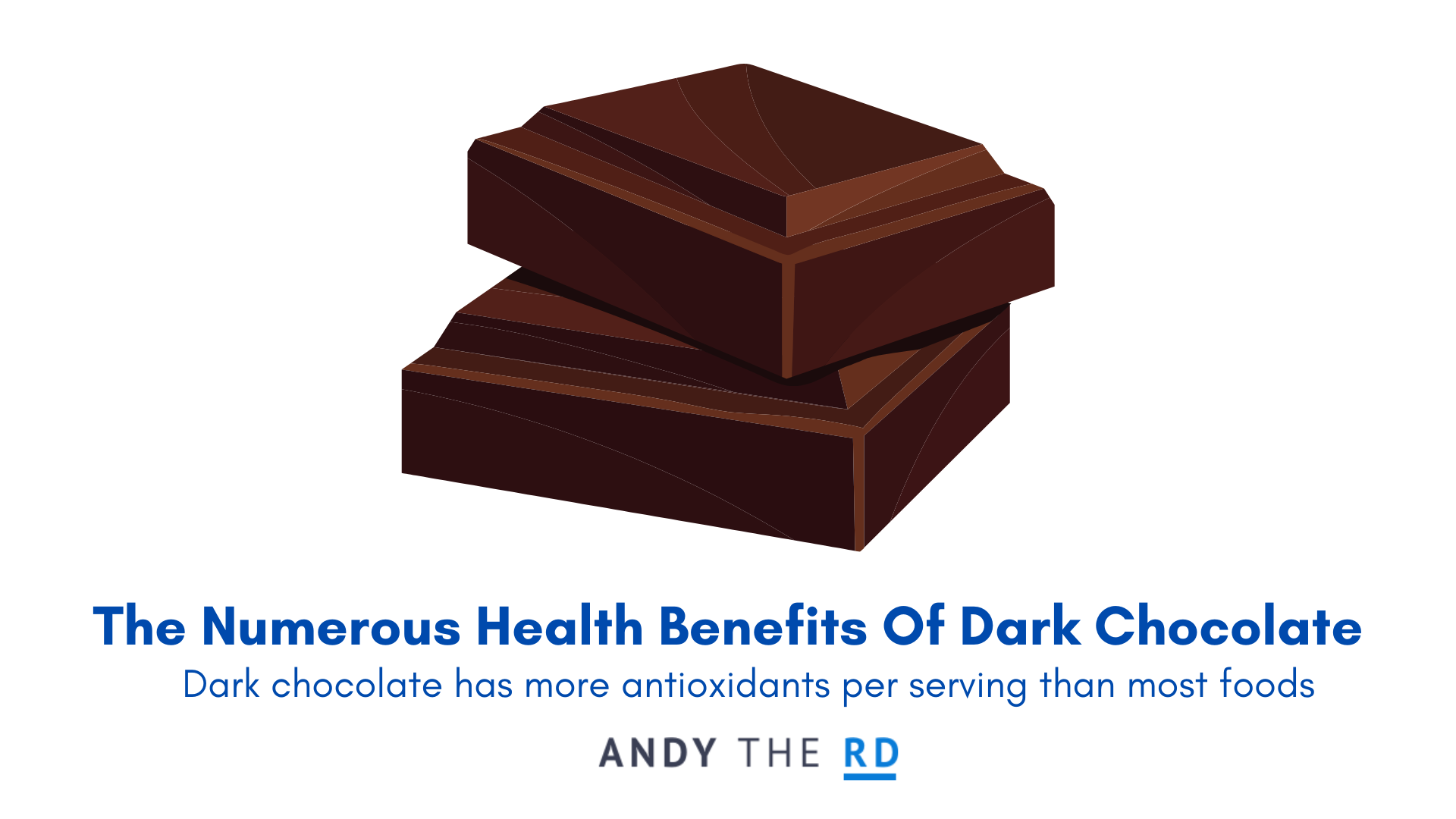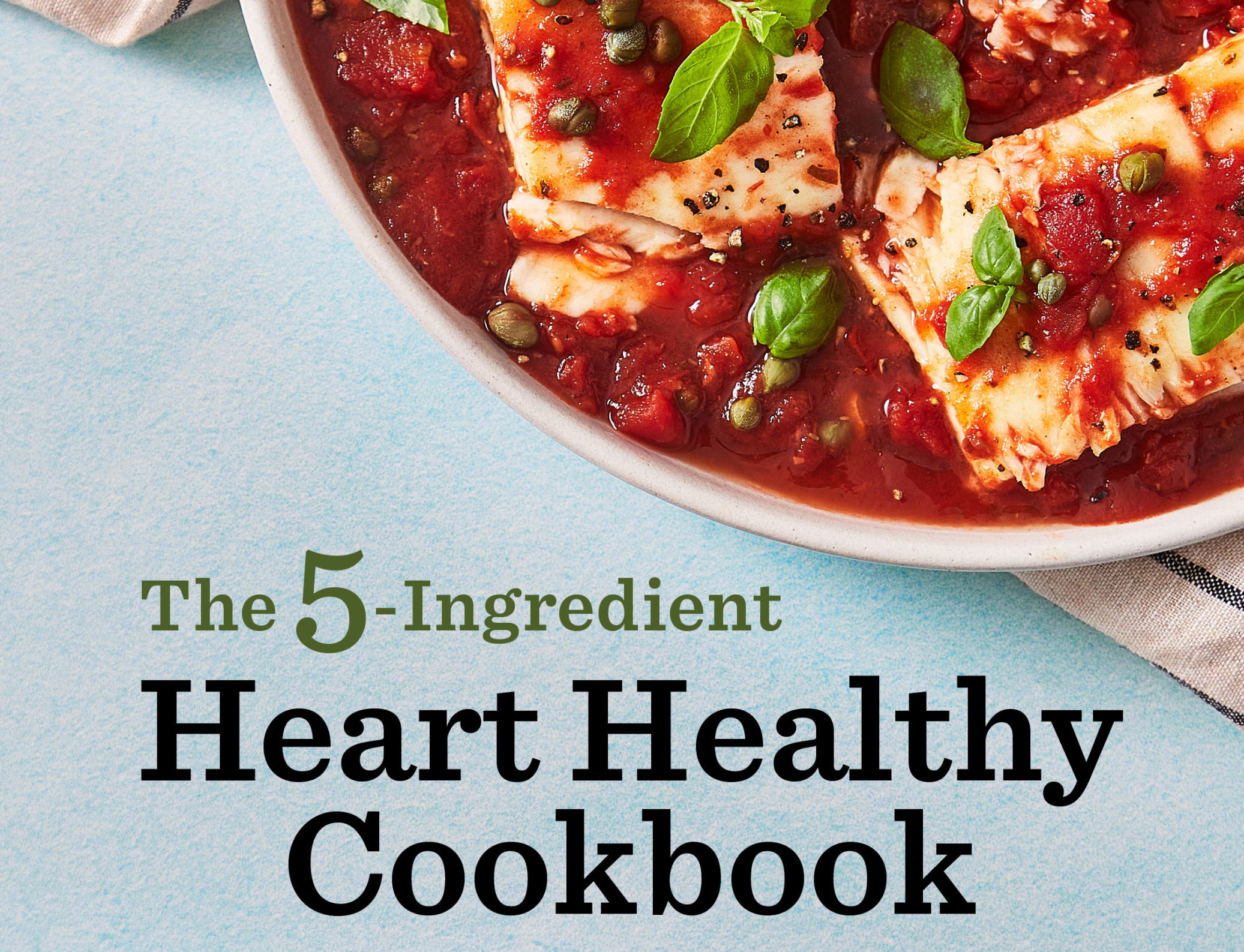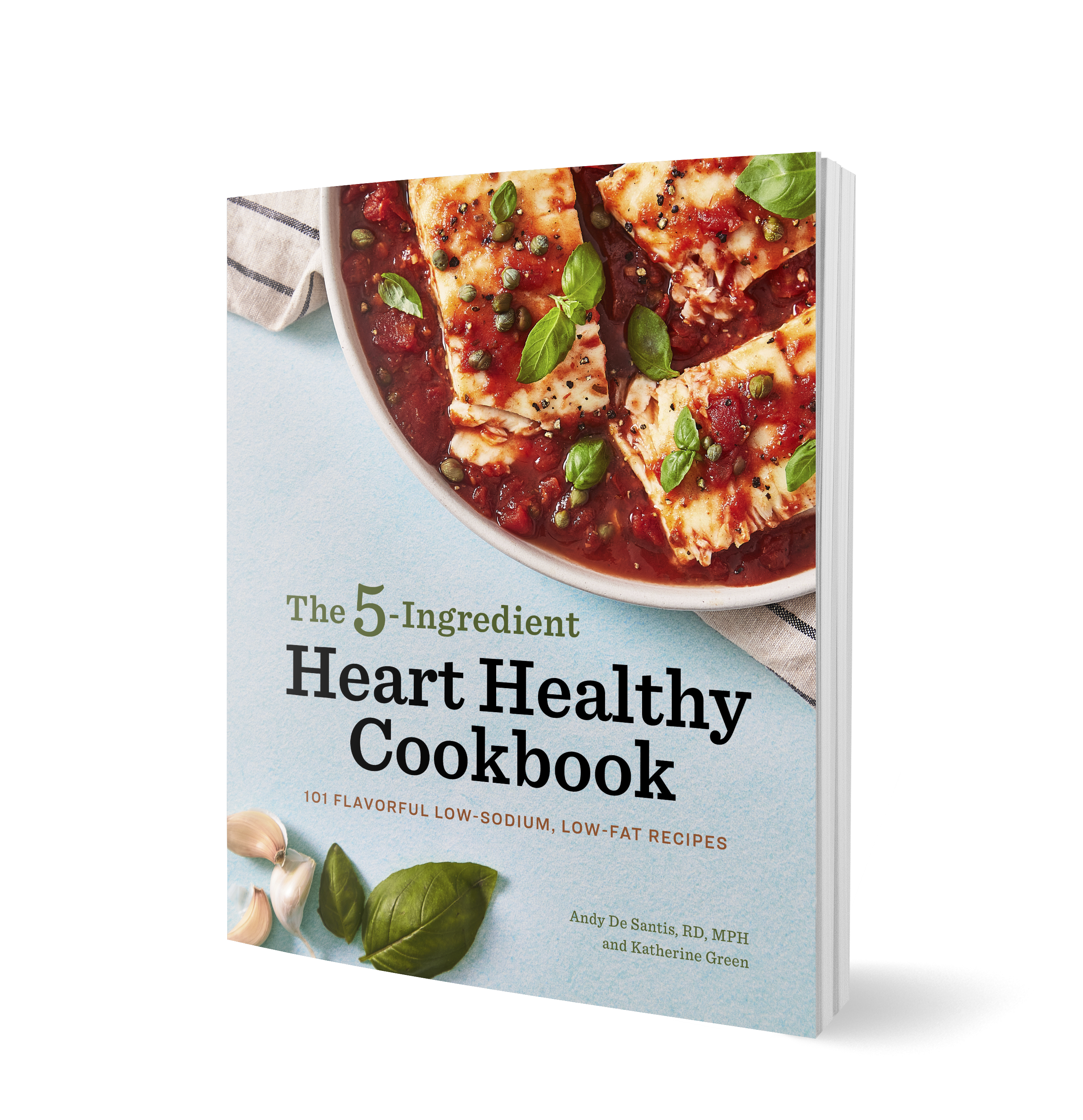If you read the introductory post for my latest Heart Healthy Cookbook, you will know that in writing that book I identified four key nutrition pillars that determine good heart health.
It might surprise you to hear, however, that dark chocolate has so many useful benefits that it actually contributes to more than one of these pillars.
Don’t believe me? Keep reading.
I was inspired to write today’s post after I stumbled upon an interesting study looking at the Kuna people (who live off of the Caribbean Coast Of Panama).
One of their unique dietary characteristics is that they consume a great deal of cocoa.
They also tend to have lower blood pressure and better cardiovascular health than mainland Panamanians.
After I read this, I pretty much knew this was a topic I had to explore further.
So can dark chocolate really help lower blood pressure and improve your health?
Let’s find out.
The Numerous Health Benefits Of Chocolate
Before we even get to blood pressure, it’s best we start with the basics.
Even if I looked no further than the back of a Lindt 70% chocolate bar, I could discern that 30 grams of this type of chocolate contains 4 grams of fibre and 10% DV of iron.
A keen observer like myself would be quick to identify that this is actually the exact same amount of iron and fibre found in an equivalent serving (30 grams) of almonds.
Not that I’m here to pit chocolate and almonds against each other, but it’s a pretty cool little factoid right?
It gets better.
#1 Dark Chocolate Contains The 3 Key DASH Nutrients – 30 grams of dark chocolate contains between 5-15% DV of the three nutrients associated with blood pressure lowering ( potassium, calcium and magnesium) on the DASH diet. Two of these nutrients, potassium and magnesium, tend to be under consumed in North America.
#2 Dark Chocolate Is Rich In Antioxidants – Dark chocolate actually contains more antioxidants, known as flavanoids, than many types of foods. These include catechin, epiacatechin and procyanidins – all of which have fancy names and even fancier protective effects on your physiology.
These compounds are lauded for their anti-inflammatory and anti-oxidant effects, but are also well known for their penchant to induce Nitric Oxide (NO) release in the body.
Nitric Oxide is not what Vin Diesel uses to win a race in the Fast and Furious, rather it is a compound that stimulates the widening (dilation) of the blood vessels.
Multiple studies have demonstrated chocolate consumption improves what is known as Flow Mediated Dilation ( FMD) which is essentially one of a number of measures of how healthily your blood vessels are functioning.
It’s this effect, combined with point #1, that leads to the cardiovascular benefits I’m about to describe below.
#3 Dark Chocolate May Lower Your Blood Pressure – Taken together that dark chocolate contains a good amount of the nutrients that lower blood pressure (point #1) and may exert additional relaxing effects on the blood vessels ( point #2) it should come as no surprise that studies have implicated chocolate consumption as potentially protective against heart disease risk.
A 2010 paper out of the European Heart Journal had this to say on the subject:
“Chocolate consumption appears to lower CVD risk, in part through reducing BP. ”
( CVD– cardiovascular disease | BP – Blood Pressure)
A 2010 meta analysis out of BMC also found dark chocolate to be superior to placebo in terms of its blood pressure lowering effects.
#4 Dark Chocolate May Have Additional Health Benefits – As you would surely know if you read my introductory post on the DASH diet, any intervention that lowers blood pressure also tends to have other meaningful benefits.
Although more research will be required, dark chocolate consumption has generated interest as potentially useful for:
Not too shabby for a food that is often considered “unhealthy” right?
Further evidence that, unless it’s written by a dietitian, you probably shouldn’t trust what you read online.
If you found today’s article insightful and are burdened by other misunderstandings in the world of heart health nutrition, just know that my new book will help.
Until next time,
Andy De Santis RD MPH





